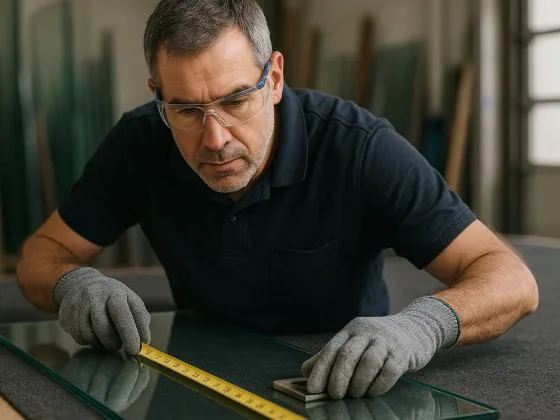Closing costs are all the fees paid during a real estate transaction. From application and attorney costs to appraisals and prepaid interest, the list of expenses that this includes is extensive.
When buying a house, many of the fees you pay are straightforward. But you may be wondering who pays closing costs when selling a house?
The short answer is, it depends. Keep reading to find out more about what closing costs you can expect to incur as a seller and some tips on how you can minimize them.
Closing Costs Basics
Almost any administrative task in a real-estate transaction incurs a charge, from attorneys to banks to real estate broker mortgage underwriting. Each party typically pays the closing costs they are responsible for.
The buyer usually pays fees associated with the mortgage loan. And sellers pay commission to the real estate agents and fees associated with the property transfer.
Property taxes are generally prorated. So, if a seller has paid all taxes for the year, the buyer may be asked to pay for the allotted time remaining in the year that they will own the property.
Determining who pays closing costs when selling a house will depend on where you live and your local laws. Typical rates vary by location. But closing costs generally amount to anywhere from 3 to 6 percent of the property’s value.
Read Also:
Who Pays Closing Costs When Selling a House?
It is not uncommon for buyers to request sellers to make a “concession” in covering some of these costs.
But there are no laws that compel the seller to do this. If there are multiple offers that do not include such requests, there is no reason for the seller to accept this.
Conversely, if you are selling in a slow housing market, you may be more motivated to make a concession. Also, regardless of the real-estate climate, if your house has been on the market for a long time, you can expect savvy buyers to request you chip in on some of the fees.
Cash offers for your home can be very appealing to sellers since they don’t warrant loan qualification or run the risk of falling through.
For this reason, an offer from a cash for houses company is seen as being very competitive and straightforward. With these transactions, you can expect to avoid negotiations regarding closing costs.
Also, only 21 states require attorneys to oversee real estate transactions. In some locations, attorneys must prepare certain documents but do not have to be present at the closing.
Knowing what is mandated and permitted in your location can help you keep costs down as well.
One of the biggest benefits of having an experienced real estate agent is that they can tell you exactly what closing costs you are responsible for. And they can help you negotiate any requests from buyers.
Understanding Seller Closing Costs
We hope this knowledge on who covers closing expenses when selling a property helps you. Understanding what to anticipate as a seller and how to reduce or completely avoid closing expenses can greatly help you to boost your bottom line.
Make sure to browse our other house renovation and design articles covering many more subjects including woodworking, gardening, remodeling.










